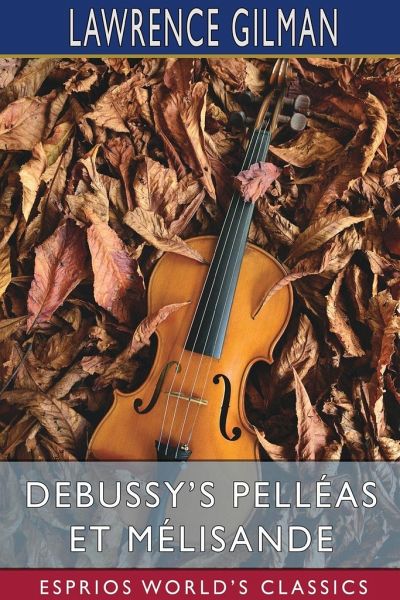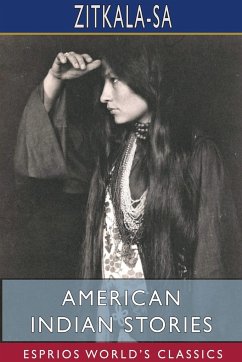Nicht lieferbar

Debussy's Pelléas et Mélisande (Esprios Classics)
Versandkostenfrei!
Nicht lieferbar
Weitere Ausgaben:
Lawrence Gilman (July 5, 1878 in Flushing, New York - September 8, 1939 in Sugar Hill, New Hampshire) was a U. S. author and music critic. Lawrence Gilman was the son of Arthur Coit Gilman and Bessie (Lawrence) Gilman, and the grandnephew of educator Daniel Coit Gilman. Lawrence Gilman studied art at Collins Street Classical School in Hartford, Connecticut under William M. Chase. He also taught himself music in theory and practice on several instruments, including organ and piano. From 1896 to 1898, he worked for the New York Herald, then from 1901 to 1913 as a music critic for Harper's Weekly...
Lawrence Gilman (July 5, 1878 in Flushing, New York - September 8, 1939 in Sugar Hill, New Hampshire) was a U. S. author and music critic. Lawrence Gilman was the son of Arthur Coit Gilman and Bessie (Lawrence) Gilman, and the grandnephew of educator Daniel Coit Gilman. Lawrence Gilman studied art at Collins Street Classical School in Hartford, Connecticut under William M. Chase. He also taught himself music in theory and practice on several instruments, including organ and piano. From 1896 to 1898, he worked for the New York Herald, then from 1901 to 1913 as a music critic for Harper's Weekly, where he advanced to the position of managing editor.






